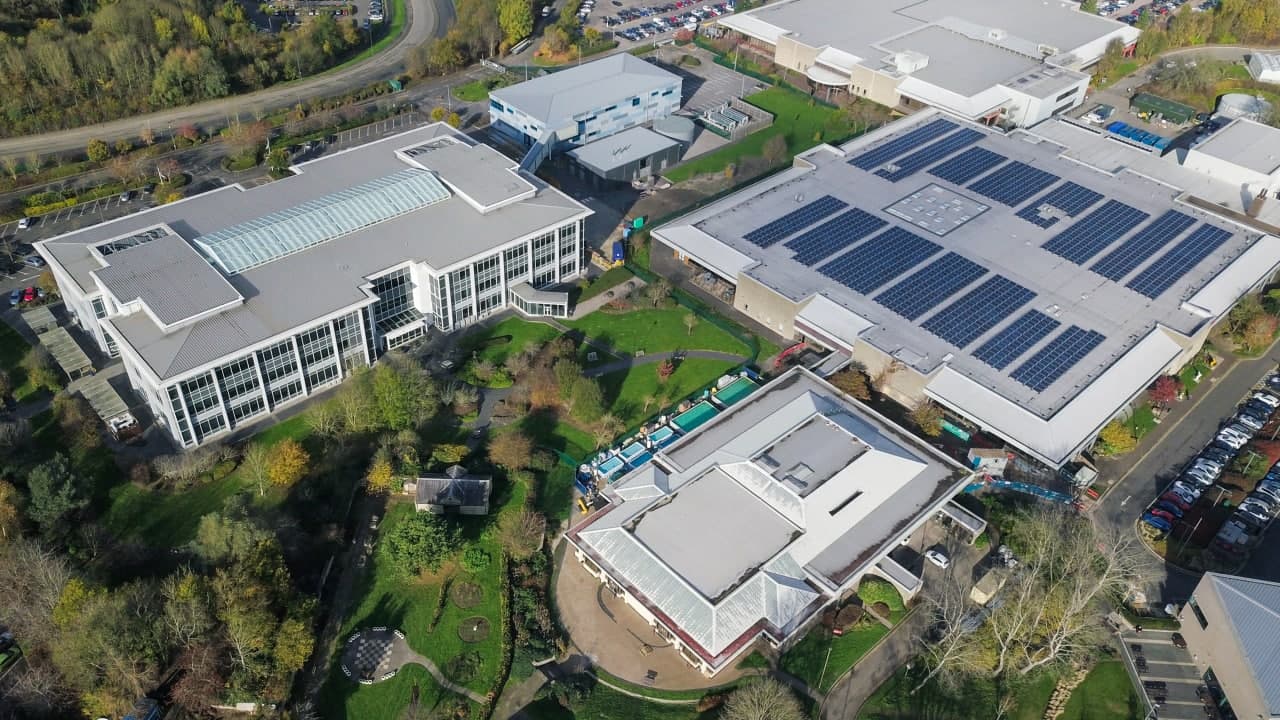Play a role in protecting Canada’s most valuable resource: water. Understand why access to clean water is a fundamental question of social justice. Learn to identify and solve threats to water resources to improve the availability, security and reliability of human water supplies while ensuring ecosystem and human health. Develop skills, including computer analysis, to assess, monitor and sustainably manage land and water resources.
Program Details
Water Science and Environmental Health at Laurier
As a student in the Water Science and Environmental Health program, you'll learn the underlying scientific principles, processes and theories concerning the physical, chemical and biological properties of water and the factors that play a critical role in maintaining ecosystem and human health.
Through a combination of training and practical work experience, including co-op, you'll identify and solve ongoing threats to our water resources including those caused by human activities and climate change. You'll be able to recognize that the availability of safe, clean water and its resources is a fundamental question of social justice.
This program will help you develop the skills needed to apply quantitative and computer analysis to assess, monitor and sustainably manage land and water resources. You'll understand the critical need for government responsibility for managing and protecting water and Earth's resources.
Throughout your studies, you will feel empowered to contribute to the quest to improve the availability, security and reliability of human water supplies, while ensuring the whole ecosystem and human health.
Research Opportunities
This program includes a course in field methods, and the opportunity to take other field courses.
Faculty members hire students as research assistants to help with studies in the lab and field.
Students completing an honours thesis will conduct a year-long research project including data collection, analysis and write-up.
Your Career Awaits
It’s not only about the journey; it’s about the destination. Let us help you get to where you’re going.
Here are just some examples of our graduates' destinations. What’s yours?
Sample Career Options
Note: Additional training and education may be required.
aquaculturist
environmental scientist (government/industry)
fisheries biologist
groundwater modelling specialist
hydrologist
hydrometeorologist
natural resources policy analyst
oceanographer
toxicologist
water policy advisor
water resources specialist
For international students
Minimum admission range: low 70s.
Competitive admission range, based on last years admitted students: mid 80s.
English at 60%.
Advanced Functions, Biology and Chemistry each at 60%.
All prerequisite courses calculated in admission average.
English Proficiency
Test of English as a Foreign Language (TOEFL) - Internet-based testing (TOEFL iBT): an overall score of 83 or higher with a minimum score of 20 in each component; Paper-based testing: 560 or higher.
International English Language Testing System (IELTS) - An academic score of 6.5 or higher with a minimum of 6.0 in each band.
Canadian Academic English Language Assessment (CAEL) - 70 overall or higher (each band 60 or higher).
Pearson Test of English Academic (PTE) - 59 overall or higher.
Cambridge Assessment English (CAE) - Overall score of 176.
4 Years - Full time
![Fee]()
Fee
CAD$33,220.00 (US$ 23,878) per yearTextbooks and Academic Supplies - 1500 CAD.
![Start Date]()
Start Date
![Address]()
Address
Waterloo Campus, Waterloo, Ontario, N2L 3C5, Central Canada, Canada

Description
Requierments
Study options






 Stay in touch with us
Stay in touch with us





